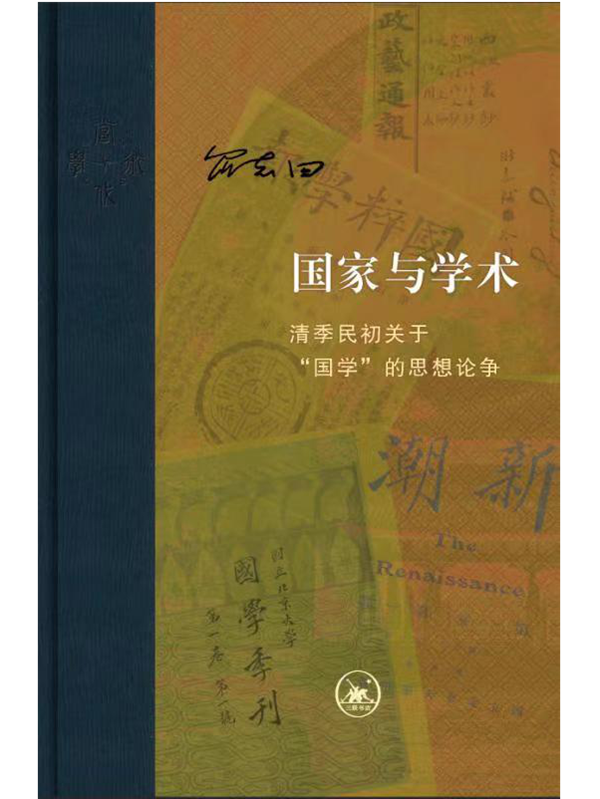
At the turn of the 19th and 20th centuries, old learning waned, while new knowledge clashed. Under the impact of Western ideas, concepts such as national quintessence and sinology emerged. This book focuses on sinology as a lens to examine the overarching theme of the time—the state and scholarship. What exactly is sinology? Did it hinder China's engagement with the world? How could sinology itself go global? Through a series of questions, the author presents a wide-ranging intellectual debates, filled with divergences and perplexities, that extended far beyond academia and drew broad societal participation. The book broadly covers two major movements: the campaign to preserve the national quintessence in the late Qing Dynasty and the effort to systematize national heritage in the Republican era. It explores the fundamental issues faced by intellectual and cultural spheres during this period, reflecting and articulating the shared aspirations of many Chinese scholars in the early 20th century: the comprehensive revival of China.
